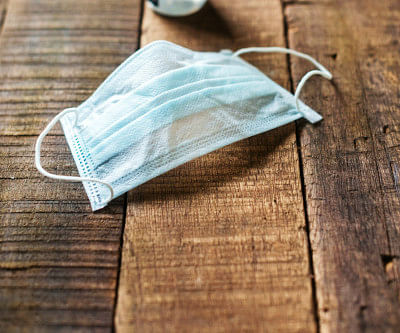COVID-19 & the Respiratory System

What does COVID-19 do to the respiratory system?
Nasal Airway Obstruction
Nasal airway obstruction is an ailment that affects many people. Some individuals recognize the problem 24/7, others realize the issue more often at night with difficulty sleeping because of nasal congestion and at times snoring. Sometimes this problem is related to functional concerns such as allergies and infections. Other times this condition is related to anatomical restrictions in the nose. Anatomic issues can make it difficult to breathe through the nose, as the airflow is limited by obstruction. Prior to today, patients had to choose between corrective surgery, or using short-term and often ineffective options like breathing strips and over the counter medications. There have been multiple newer procedures approved by the FDA that are minimally invasive and can improve nasal function. One such newer procedure is Vivaer Airway Remodeling which patients can undergo as a “lunchtime” in office procedure. Vivaer Airway Remodeling is quick, effective, and will help you breathe better!
What does COVID-19 do to the respiratory system?
With all of the recent talk about the coronavirus (COVID-19), a lot of our patients have questions about the virus and how it affects the human body.
COVID-19 is a Virus
Similar to other viruses, COVID-19 attacks healthy cells trying to kill them. The virus can inflict injury to multiple organ systems, both from a direct effect and also from a secondary post inflammatory response. Once a person is exposed to coronavirus, patients can be asymptomatic or if symptoms occur, they can appear between two days and two weeks after the initial exposure. There can be many similarities between the symptoms of this virus and some other common illnesses. Although Influenza can be fatal, COVID-19 has at this time shown to be more lethal and to have more long term sequelae in certain individuals.
This Virus Mostly Affects the Lungs and Respiratory System
This virus will travel down through your respiratory system, affecting your nose, mouth, throat, and lungs. If you become afflicted with COVID-19, you may experience symptoms such as fever, chills, sore throat, cough and loss of the sense of smell. If your symptoms worsen or include tightness in the chest and/or difficulty breathing, it's time to seek medical help. There is Not Yet a Cure or Effective Treatment for COVID-19 Because of its high rate of contagion and the lack of an effective treatment or cure, public health officials are proceeding with extreme caution. If you fear that you have been exposed to the virus and your condition is getting worse, call your primary care doctor. In general we recommend that you stay home as much as possible, and if you must go out to work or for other essential activities, be sure to use caution, wear a mask, and wash your hands as often as possible. Coronavirus is not fatal in most people but can have a long-term effect on patients' lungs, heart and respiratory system. Dr. Robertson encourages all patients to call our office with any questions or concerns about this virus. Stay safe, everyone!



